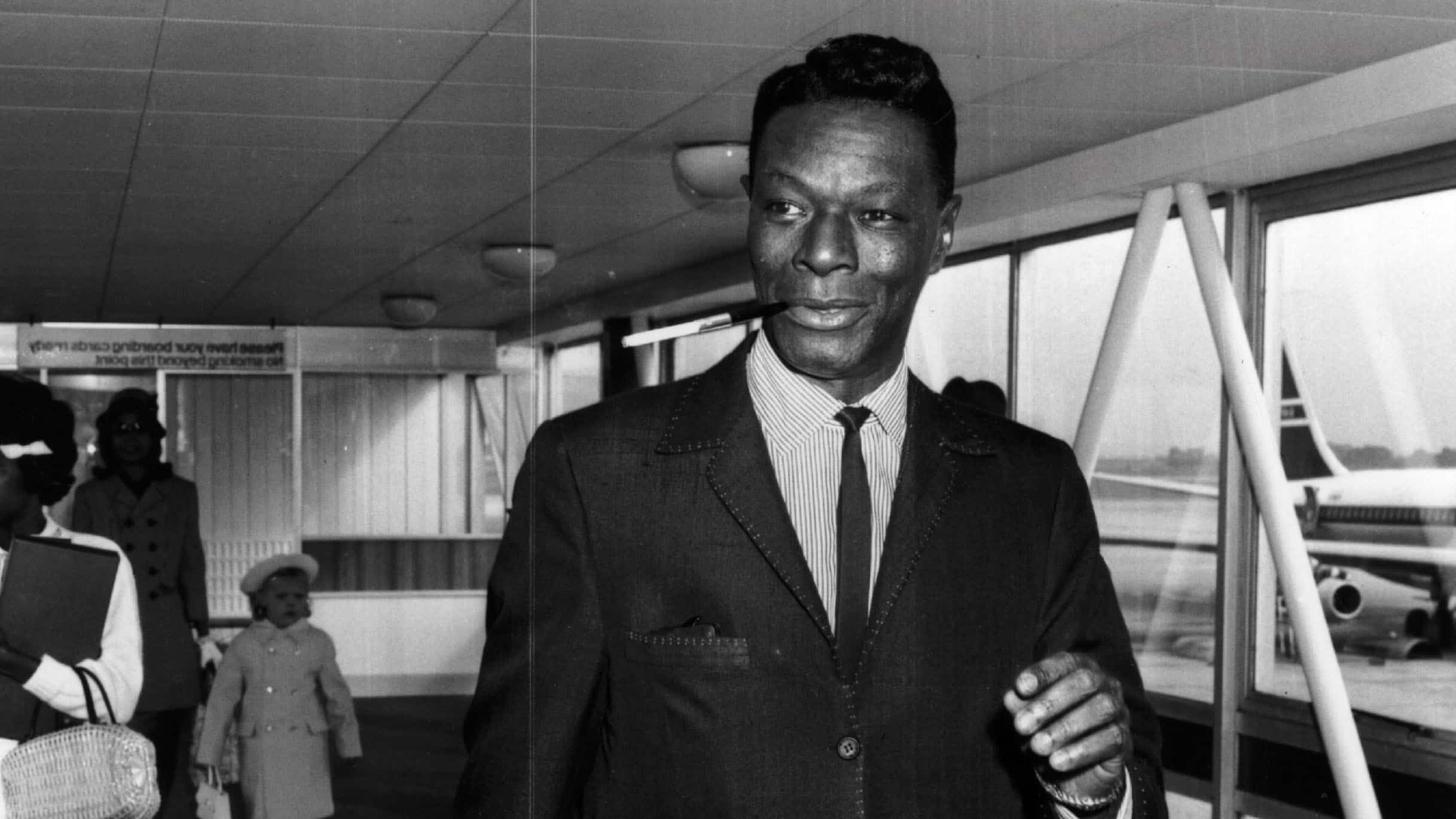Shop on Olvera Street, home of the famous “El Burro”, vacated

LOS ANGELES – The owners of La Carreta – home of a popular Olvera Street attraction called “El Burro” – are weighing their options Friday after a Los Angeles commission voted to evict them despite an attempt by the City Council to save the building.
The El Pueblo de Los Angeles Historical Monument Authority Board of Commissioners served the restaurant’s owners with a 30-day eviction notice on Thursday. Richard Hernandez, owner of La Carreta, told City News Service he is devastated and will consider his next steps.
The board discussed the Hernandez case in closed session, meaning the deliberations were not public. El Pueblo CEO Arturo Chavez declined to comment further in a phone call with City News Service.
Hernandez told CNS he was nervous before the vote.
“I wasn’t prepared for this – the last three months have just been hell. During COVID-19, everything went downhill and never came back the way it was,” Hernandez said.
He explained that many businesses are still behind on rent. Hernandez criticized management for a lack of effort to promote Olvera Street and help businesses.
“This business means the world to my family and to me. I want to see it through,” Hernandez said. “At my age, I don’t want to work for Walmart or fry burgers. My son is starting college and I have to pay his tuition. I’m not going to be able to do this long-term.”
Hernandez said he has the community on his side, as well as his fellow merchants, the City Council and his council representative Kevin de León, who represents the 14th District, which includes Olvera Street.
Hernandez claimed that Chavez was unwilling to reach a settlement with him and complicated his situation by trying to resolve issues with the lease that arose from the death of his mother in the spring.
Los Angeles, California – May 5: On Cinco de Mayo Day, tourists and local school groups visit and shop along Olvera Street at El Pueblo de Los Angeles historical monument on Thursday, May 5, 2022, in Los Angeles, California. (Irfan Khan / Los Angeles Times via Getty Images)
“They don’t seem to grasp the concept. They think they are safe, but many businesses have given up or closed because of the same measures management wants to take,” Hernandez said.
La Carreta was founded in the late 1960s by Jesus “Don Chuy” Hernandez and his wife Maria Trancito Hernandez. Visitors to La Carreta could have their photo taken with the family’s donkey, Cirila. The donkey was later replaced by a “Jorge”, a life-size stuffed donkey.
The stuffed donkey became a major attraction at El Pueblo and people lined up to take photos.
In 2019, Maria Hernandez filed paperwork with the city requesting that her children, Patricia and Richard Hernandez, be included in the lease, but due to a clerical error, that never happened.
In June, de León’s city council asked El Pueblo’s board to immediately review the lease.
De León’s office did not immediately respond to a request for comment on the committee’s action Thursday evening.
At the time of the council’s action, de León said it did not have the authority to order the commission to investigate, but the “right thing to do would be to review the case, especially in light of the city’s commitment to upholding the historical integrity of the historic site and the administrative process.”
De León described El Pueblo as more than just a tourist destination. The councilman said it is the “beating heart of our city’s history and culture.”
El Pueblo, commonly referred to as Olvera Street, was founded in 1781. The complex consists of 27 historic buildings, seven museums and is home to about 75 merchants selling various traditional and cultural goods.



